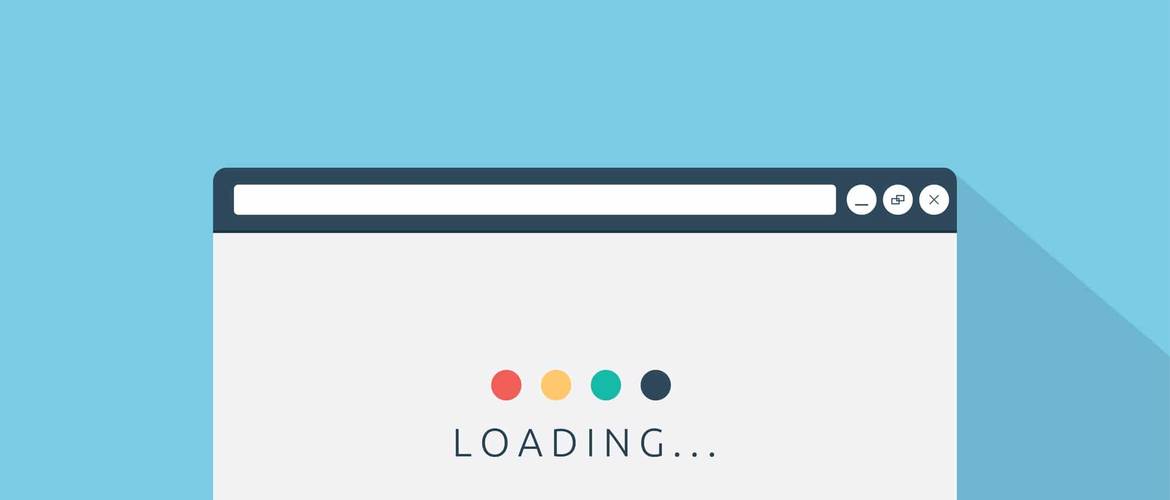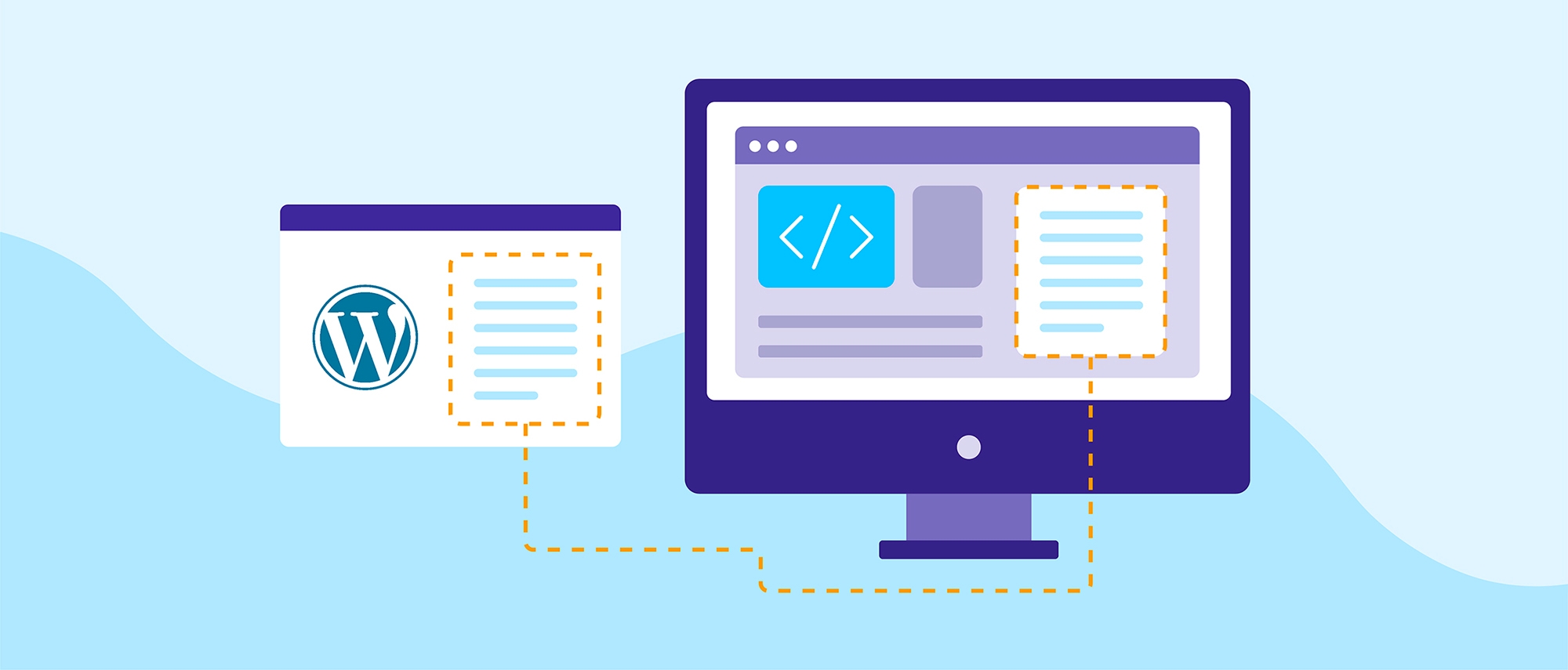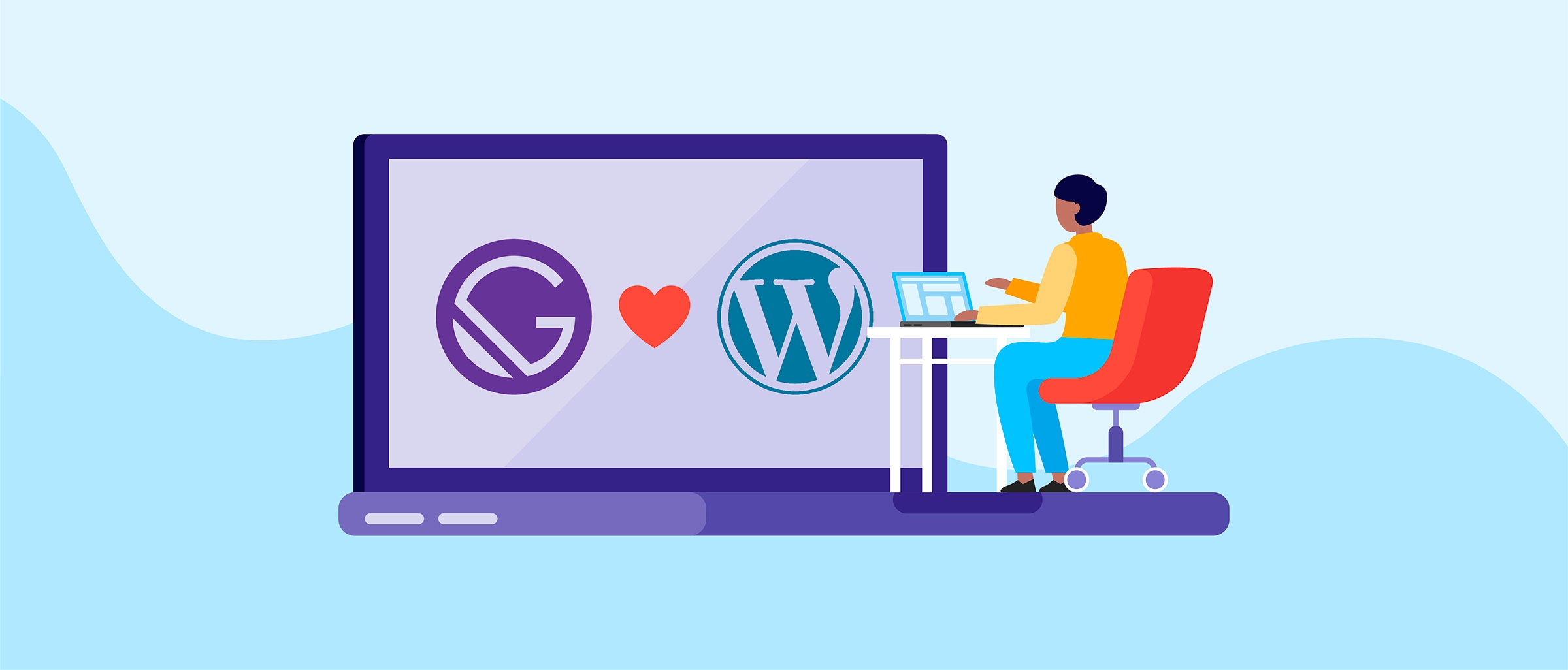If you want the boost in visibility and all the other perks that effective search engine optimization provides, starting with a clear picture of what motivates your audience is key. Much time can be spent learning about market segmentation and consumer behaviors, but there’s one area where you don’t need to dig too hard for the answers – speed. Continue reading to learn how website speed directly impacts your SEO campaign.
SEO Statistics
Statistics tell us that website visitors are craving instant gratification more than ever before. As the number of people connecting to the internet via mobile has risen, so has their intolerance for slow loading sites. Earlier in 2018, Google released benchmarks which showed the average load time for a mobile landing page was 15 seconds, yet 53% of site visitors will leave if it takes more than 3 seconds for content to load.
That equals one massive discrepancy in what site visitors want compared to what they’re getting. But, is site speed so vital that it can cause your SEO to take a hit? Here’s what you need to know.
Website Speed and Google’s Algorithm
Google uses an algorithm that contains at least 200 distinct ranking factors that determine the quality and relevancy of your website. While Google hasn’t always been forthcoming about what these ranking factors are, or which ones are the most important, they’ve made a pretty clear statement that web design focused on speed is a critical component.
The search engine has long said that speed was necessary for desktop sites, but as of last summer, Google also made it official that mobile site speed is an essential component of SEO and SEM.
The logic behind this is simple. Mobile usage is climbing, but businesses across the board are coming short in meeting the demands of the mobile consumer. To remedy this and improve overall user experience, Google decided to reward fast loading mobile website design with a nice little boost in rank.
Speed, User Experience and SEO
You and Google, or any other search engine for that matter, have something in common. You both want to provide the best possible user experience. Because of this, user experience (UX) and SEO are intertwined in many ways. For instance, the quality of UX can determine how long a visitor lingers on your site – a metric that search engines are known to pay attention to.
Site speed also plays into how successful your approach to search engine optimization is in other ways. A business that has put effort into local SEO is hoping to attract a local audience that likely has a high number of mobile consumers. If site speed is low, it’s an automatic negative first impression, and you can expect to see lead generation and conversion rates tank as a result.
Remedying the Speed Issue
Slow loading sites that lag behind the modern consumer’s expectations will hurt your SEO and also put a sizable ding in the level of trust and respect that surrounds your brand. So how do you improve your website speed?
There are multiple ways to test and enhance the speed of your web design, and it all starts with professional web development by a team that also understands SEO.
Web Design & SEO Experts
As a website design company that also offers a full range of SEO services, we know how to approach building up digital presence from multiple angles. If speed is a concern, contact Double Up Digital and speak to one of our professional web developers today.







